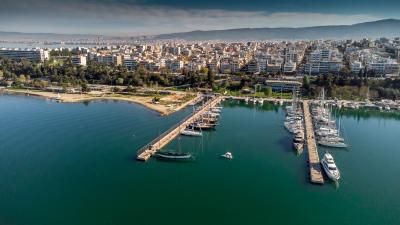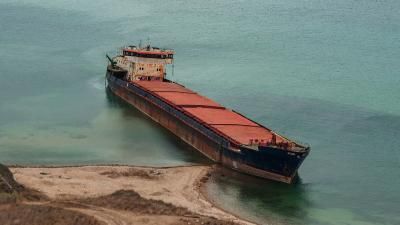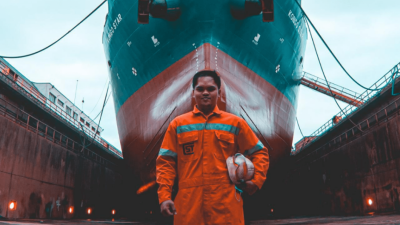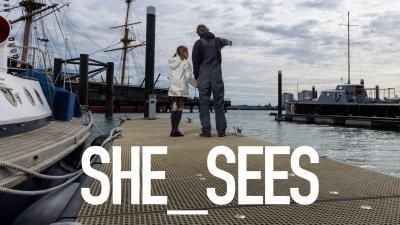The Hellenic Marine Environment Protection Association (HELMEPA), together with its sister organisation in Cyprus, CYMEPA, and associate member Lloyd’s Register, is running a project entitled ‘Enhancing the Understanding of New and Enduring Challenges in Maritime Safety Culture in the Eastern Mediterranean’.
With the Eastern Mediterranean having some of the highest marine casualties and incident rates within European waters over the past ten years, the project is seen as essential to understanding causes. The extensive sea areas around Greece have witnessed the most marine accidents and incidents in the Mediterranean and among the highest in Europe.
A grant from the Lloyd's Register is helping the project to establish a voluntary reporting scheme for incidents and near misses by all types of vessels. A key part of the scheme –a Voluntary Incident Reporting Platform (VIRP) - has now been launched. The platform was developed in collaboration with corporate associate member DYNAMARINe.
Using the platform, shipping companies can report, in total anonymity, any incidents and near-misses on board their ships that could have very serious consequences. Learning from these ‘High Potential Incidents’, if effectively shared, can avoid the same things happening again and potentially causing danger to life or property. In the following years, we’re planning to expand the platform to include accidents and incidents on fishing vessels and recreational boats.
The VIRP already contains over 700 reports of incidents and near misses. Constantinos Triantafillou, Head of Strategy and Development at HELMEPA explains: “Learning from incidents and near-misses is absolutely vital to making our seas safer for ships, fishing boats and pleasure craft and the people who work and travel on them. With Lloyd’s Register Foundation’s help, we’re building up a bank of incident data which will help us avoid repeating mistakes of the past and encourage a wide-ranging safety culture in the Eastern Mediterranean.”
Despite decades of improvements in maritime safety regulation, training, technology and risk management, serious accidents and incidents at sea persist. An estimated 75% to 96% of marine accidents and incidents are still attributed to human error. This shows that the absence of a fully implemented safety culture is still a major concern for the shipping industry and maritime stakeholders.
The platform is one of a series of activities we’re supporting as part of the three-year project. Others include:
- Refresher training and simulation seminars for merchant marine officers and shipping companies’ office staff at HELMEPA’s Maritime Training Center for Pollution Prevention, Safety at Sea and Environmental Awareness
- ‘Safety-at-sea’ workshops and outreach activities for fishermen, recreational boaters and other marine stakeholders in Greece and Cyprus
- Dissemination of information material in cooperation with volunteer Safety Ambassadors and implementation of a wide safety awareness campaign under the motto ‘Stay Safe at Sea’, in cooperation with CYMEPA, in both countries.
Some activities, such as a television campaign, have been postponed due to the COVID-19 pandemic and will take place once restrictions allow. Until then, the project is proceeding with simulations and webinars on safety at sea.





